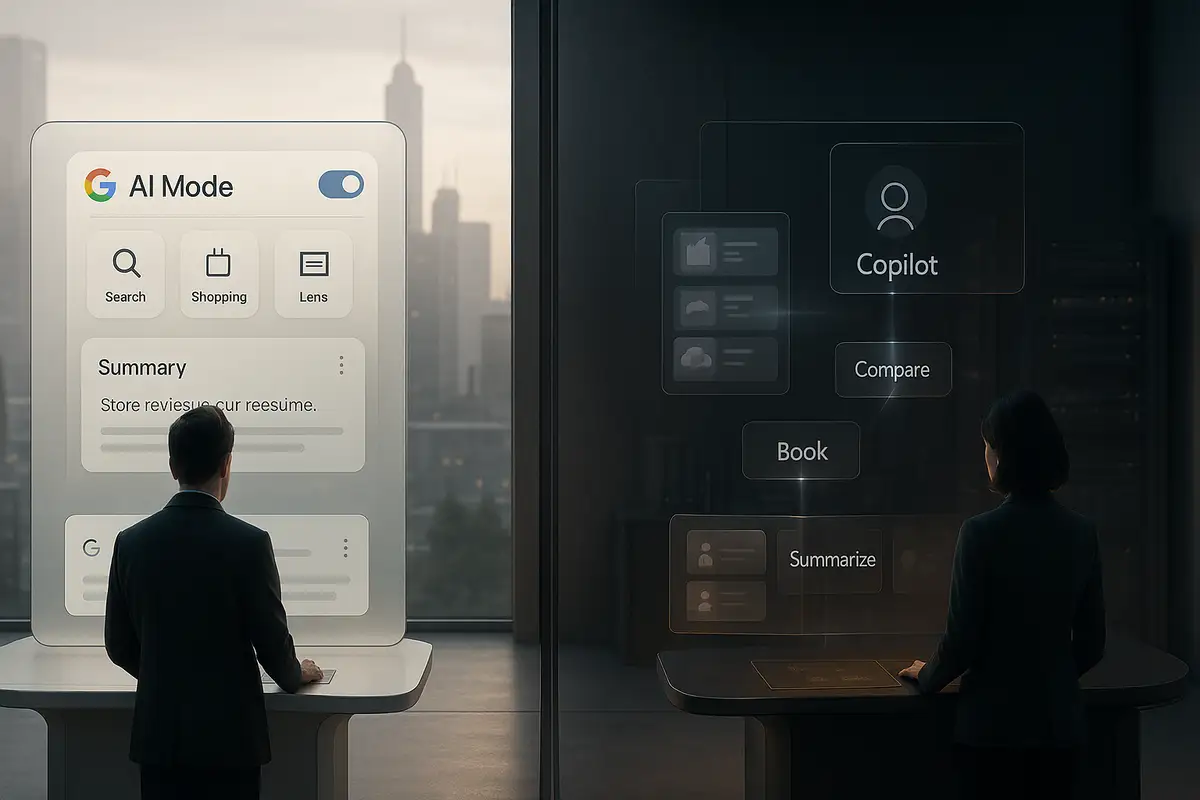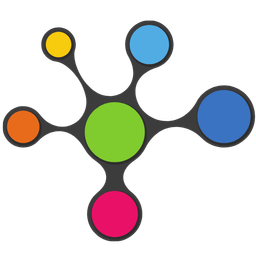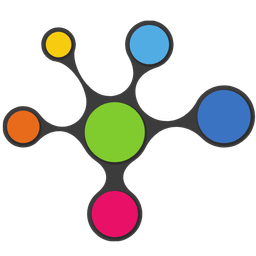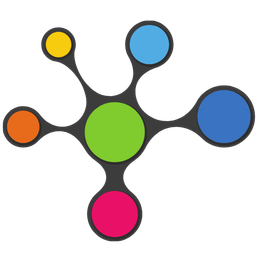💡 TL;DR - The 30 Seconds Version
👉 Google dropped subscription requirements for Gemini AI features in Chrome, making them free for all US desktop users with English language settings.
📊 Chrome's 65% desktop market share transforms into a massive distribution channel for AI-powered browsing, reaching billions of users worldwide.
🏭 The rollout came weeks after Google avoided antitrust penalties that could have forced Chrome's sale in its search monopoly case.
🤖 Coming "agentic" features will let Gemini handle multi-step web tasks like ordering groceries or booking appointments while users approve final actions.
🌍 Every major browser now races to add AI assistants—Microsoft's Edge, Mozilla's Firefox, Perplexity's Comet—while Safari notably stays traditional.
🚀 The shift from exploration-based to task-based browsing could fundamentally alter how societies discover and process information online.
A browser built for exploration is becoming an assistant that acts.
Google has dropped the paywall for Gemini inside Chrome and begun rolling it out to U.S. desktop users with English set, framing what it calls the biggest upgrade in Chrome’s history as an everyday default. The company laid out the shift in Google’s behind-the-browser briefing, and the timing lands just weeks after Google avoided remedies that might have forced a Chrome divestiture in its search case.
The effect is simple but sweeping: with roughly two-thirds of desktop browsing, Chrome now becomes a mass-market delivery vehicle for AI-mediated web use. Claim meets reality here. The browser wars are now assistant wars.
What changed—and when
Google’s cadence wasn’t accidental. Once Chrome’s future looked secure, the company moved to embed Gemini across the interface rather than offering it as an add-on. That changes expectations for what a browser does.
The initial bundle includes cross-tab synthesis, natural-language recall of pages you visited, and side-panel answers about the page you’re on. Gemini hooks directly into Calendar, Maps, and YouTube so you can schedule, look up locations, or jump to a specific timestamp without changing tabs. It also layers on AI-powered security, from scam warnings to one-click password changes on supported sites. This is Chrome redefined.
The agentic turn
The next wave is more consequential. Google says “agentic” features will let Gemini perform multi-step tasks on the open web—adding groceries from an email to an Instacart cart, booking appointments, or handling other repetitive flows. The system pauses before high-risk steps like purchases or emails so the user approves the final action.
That’s a meaningful boundary. It’s also a slippery slope. As agents get better, the distance between “assist” and “do it for me” shrinks.
Productivity vs. pedagogy
Google’s pitch centers on productivity. A student with dozens of tabs can ask Gemini to answer questions across sources and “connect the dots” automatically. The promise is less tab-hopping and faster outcomes.
Critics hear a different story: that connecting dots is the work, especially in education and research. Serendipity—the useful detours and contradictions you stumble across while clicking—doesn’t fit an optimization brief. It’s hard to automate discovery without automating away the habits that create insight. That tension is the heart of this release.
The ecosystem calculus
Chrome is the ultimate distribution channel for Google’s AI. Embedding Gemini normalizes AI-first consumption while generating the behavioral signals that can improve models and UI flows in a tight loop. The browser becomes a training ground as much as a window.
Rivals are racing along the same arc with fewer advantages. Microsoft is pushing Edge as “AI-powered,” backed by Copilot and Azure. Mozilla is weaving AI across Firefox with a nonprofit’s budget. The Browser Company rebranded Arc to Dia to lean into AI workflows. Perplexity’s Comet rides its AI search. OpenAI has hired ex-Chrome talent and is widely rumored to be building a browser. Safari stands apart, at least for now, with Apple favoring a more traditional model. Differentiation will be hard.
Defaults and design
Chrome’s new sparkle icon, omnibox shortcuts, and contextual panels make AI the default posture of the browser. You can unpin things, but the design teaches you to ask, not to look. Little nudges add up.
Security upgrades are welcome, and cross-tab synthesis solves real friction. Still, defaults decide behavior at web scale. When a dominant browser quietly flips from exploration to delegation, the baseline experience of “using the internet” changes for billions. That’s not a toggle. It’s a paradigm shift.
What automation costs
Agentic browsing reframes user agency. People move from searching and synthesizing to specifying outcomes and reviewing drafts of actions an agent took on their behalf. The browser evolves into an AI operating environment, and the feedback loops that once rewarded human attention and curiosity start to reward machine-optimized flows.
Efficiency rises. Serendipity falls. For some tasks, that trade is obvious and fine; for learning and civic life, it’s not. Choose carefully.
Why this matters
- A dominant browser is resetting defaults from exploration to delegation, reshaping how people learn, research, and participate online.
- AI-mediated browsing concentrates power over discovery inside a few ecosystems, with long-term effects on the open web’s incentives and quality.
❓ Frequently Asked Questions
Q: Can I turn off Gemini features if I don't want AI in my browser?
A: Yes. Users can click the Gemini sparkle icon and unpin it from Chrome's interface. However, Google embeds AI throughout the browser experience—in search suggestions, security features, and the address bar—making complete avoidance difficult without switching browsers entirely.
Q: Why did Google previously charge for Gemini in Chrome?
A: Google initially limited Gemini in Chrome to paid subscribers of Google One AI Pro or AI Ultra plans to control server costs and usage during testing. The company dropped subscription requirements once the antitrust case resolved, using Chrome's 2 billion users as free distribution for AI adoption.
Q: What exactly are "agentic" features and how do they work?
A: Agentic features let Gemini control your browser to complete tasks automatically—clicking buttons, filling forms, navigating websites. For example, it can read your shopping list from email and add items to your Instacart cart. The system pauses before final actions like purchases for user approval.
Q: Which websites support the one-click password changing feature?
A: Google initially supports Coursera, Spotify, Duolingo, and H&M for automated password changes. The feature uses AI to navigate each site's password reset process automatically. Google plans to expand to more websites but hasn't specified which ones or timeline.
Q: When will these features be available outside the United States?
A: Google started with US desktop users who have English language settings. The company said features will "expand to more countries and languages in the weeks ahead" but provided no specific timeline. Mobile iOS support is also coming "soon" after Android availability.















